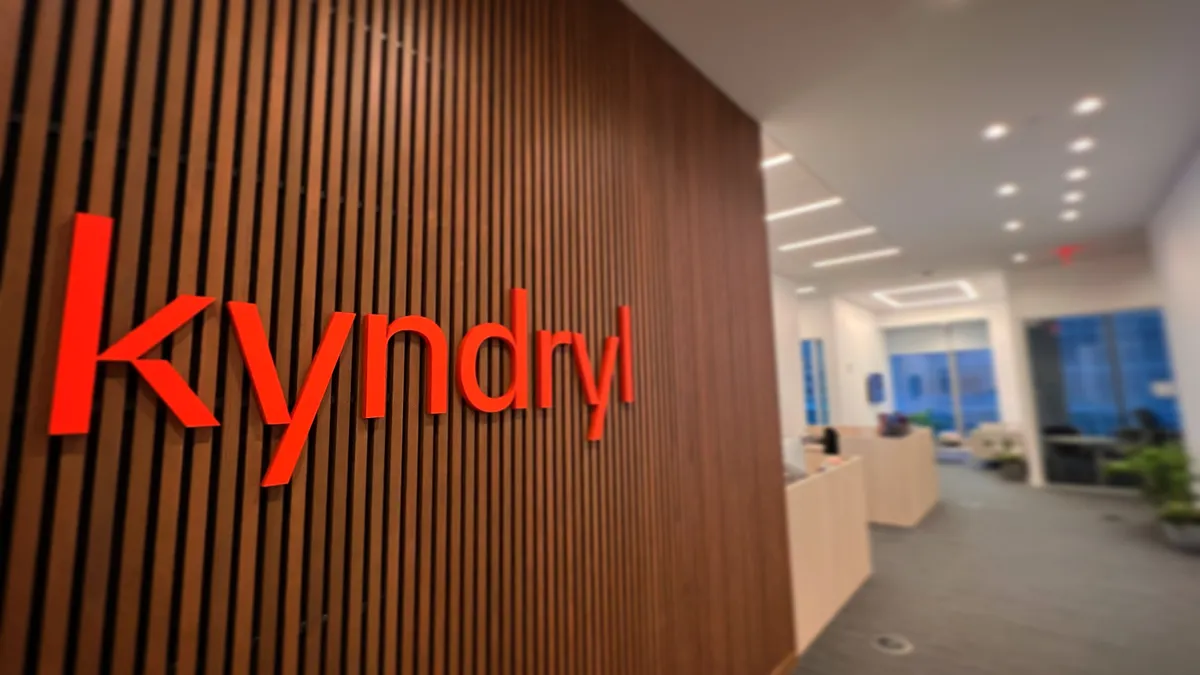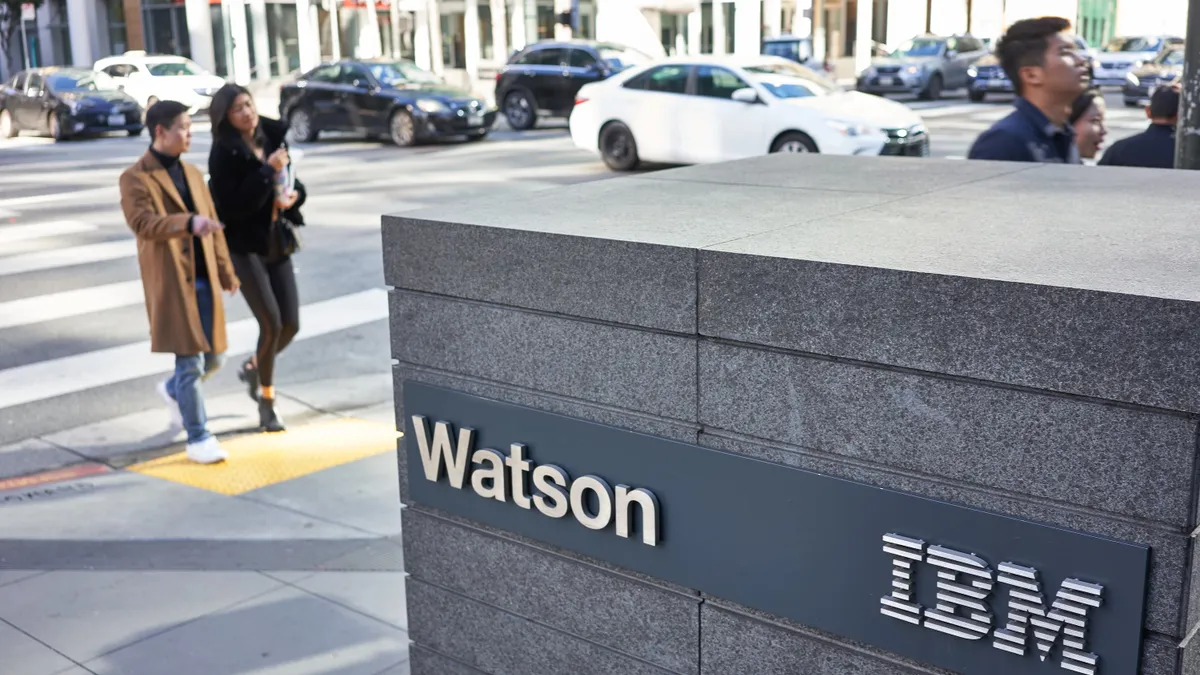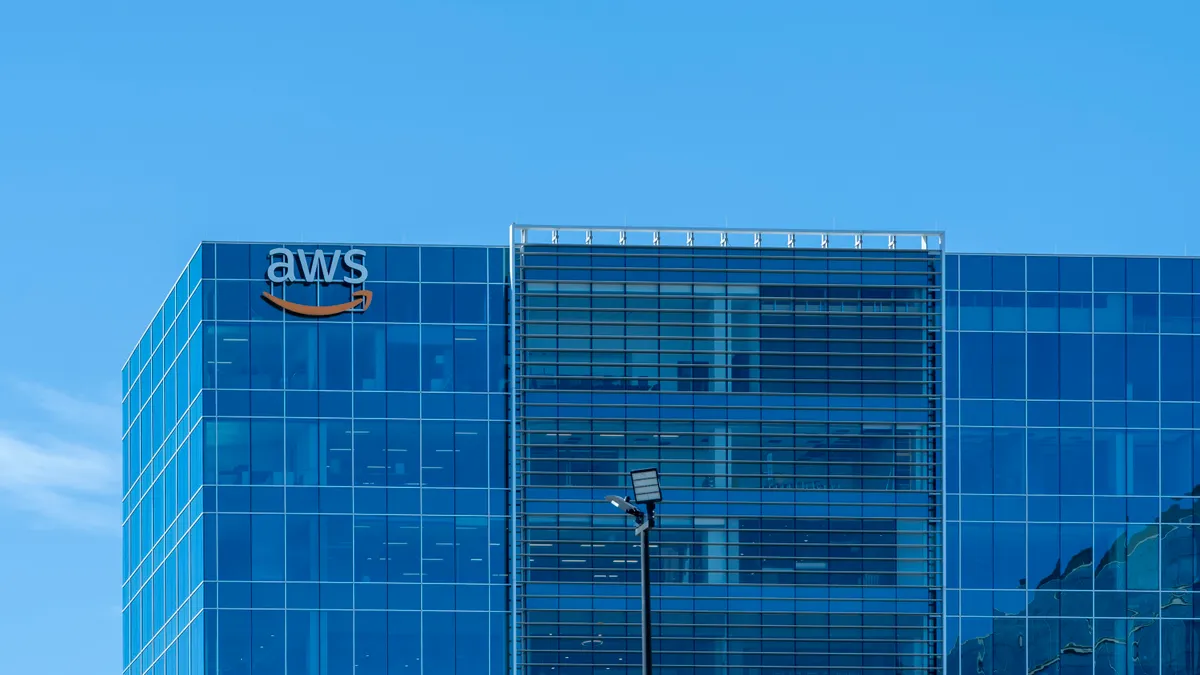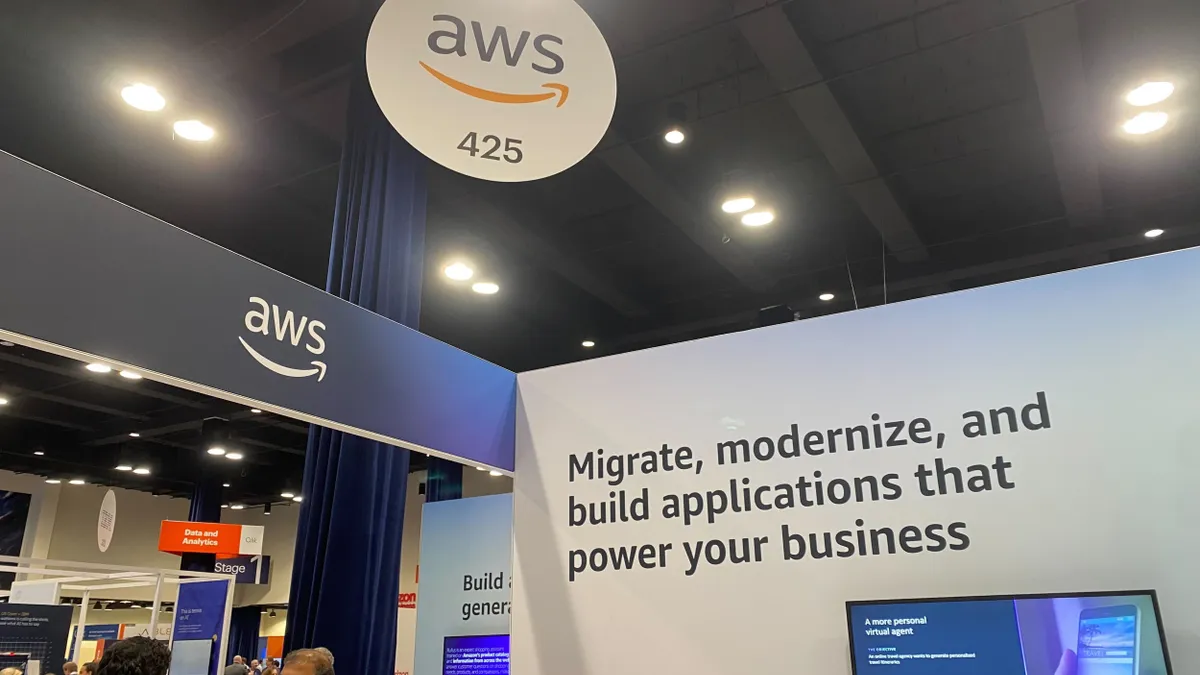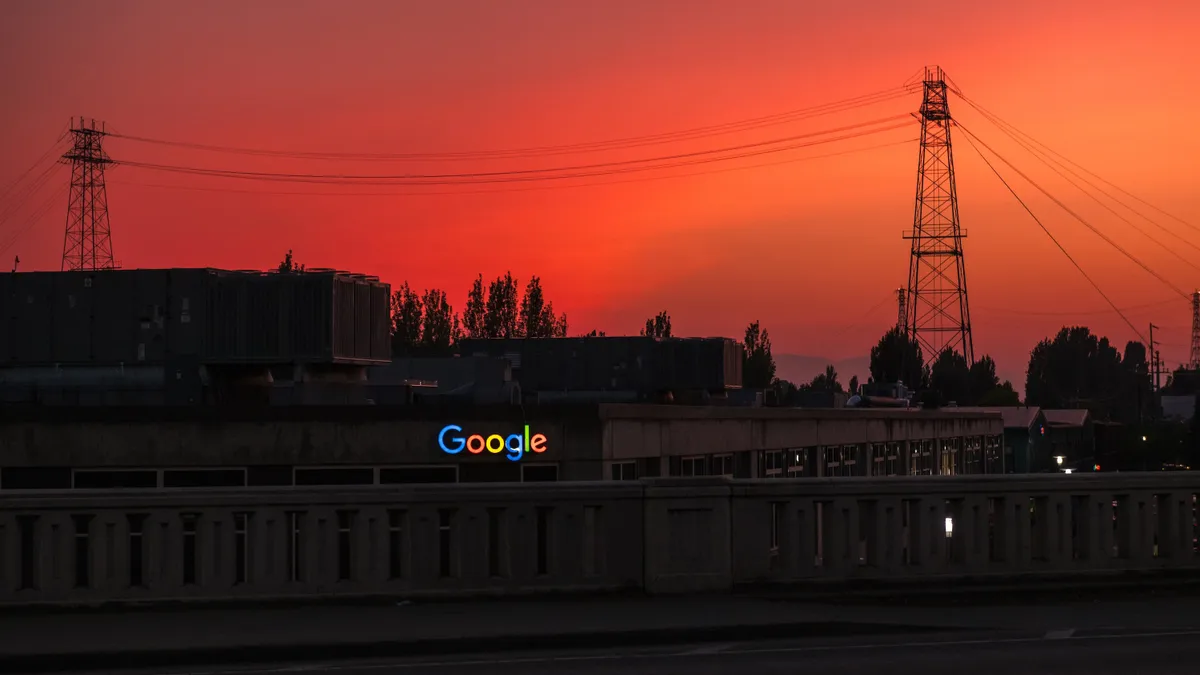Before Amazon.com started selling books in 1994, readers went to the local Barnes & Noble.
Now, more than 20 years later, Barnes & Noble is fighting for big-box book sales and relevance. The irony is, Amazon Books stores are popping up with an infectious frequency across the nation.
Amazon has morphed from an online book seller to the retailer of quite literally anything: tapioca flour, Ohio State Buckeye socks and even pharmaceuticals through its PillPack acquisition earlier this year.
Retailers competing in e-commerce with Amazon have to upgrade technology and capitalize on cloud services. But for some retailers, one cloud is deliberately left out of consideration.
Bucking the industry standard and the most dominant cloud provider, retailers unapologetically show their defiance toward Amazon Web Services offerings in the name of competition.
Microsoft and Google to the rescue
The leading alternatives to Amazon's cloud are Microsoft Azure and Google Cloud Platform.
Retailers "know AWS generates higher operating margins than Amazon.com and they worry those profits could be used against them," either through data sharing or profit generation, Ed Anderson, distinguished VP analyst at Gartner, told CIO Dive in an email.
But while the two Amazon businesses operate in silos, "AWS needs to do more" to make potential customers understand that; otherwise it stands to lose more potential retail customers to the No. 2 and No. 3 cloud vendors, according to Anderson.
Microsoft hasn't been shy about using Amazon competitors' fears to its advantage. The company has made a point to declare itself solely as a tech company.
By doing so, Microsoft can market itself as a cloud provider without any retail-specific conflicts of interest or competition. This is "a clear stab at Amazon," said Mark Sami, VP of Microsoft and Cloud Solutions at SPR, in an interview with CIO Dive.
"At Microsoft we believe it's their customers, their employees and their data, so we never use their customer data for any Microsoft business purpose," said Shelley Bransten, corporate VP of Global Retail and Consumer Goods at Microsoft, in an emailed statement to CIO Dive. "Who wants to subsidize their competition? Retailers need a technology partner that's not selling to them on one side of their business and then competing with them on the other."
As time goes on, Sami expects retailers who "have anything touching AWS" to consciously steer themselves to a new cloud provider, despite AWS being a full-featured platform scalable to organizations of all sizes.
Notably, all three top cloud providers offer similar solutions for retailers and other customers. Features can differ between AWS, Microsoft and Google. Azure helps Microsoft standout with 54 available international regions and 72 major certification and attestations, more than any of its competitors.
Still, AWS hosts retailers like Under Armour and grocery competitors like Instacart, which recognize the cloud vendor's technology infrastructure as a robust and agile leader in the cloud market.
Choosing a cloud always comes down to perception of a vendor. "What all the cloud providers are doing well is to level the regulator playing field by driving trust in cloud," said Greg Francis, managing director at Access Partnership, in an email to CIO Dive, "often without heavy-handed reference to their own product lines."
Who has beef with Amazon?
In the last two decades, Amazon has done a lot to disrupt the retail and technology industries. The company has proven itself as an unparalleled pioneer in e-commerce and the cloud.
Retailers can often fumble the distinction between AWS and Amazon.com despite the cloud provider never having shown any indication that it treats customers in the retail industry any different from other customers.
But retailers often perceive the service "to be a competitor's cloud," said Anderson.
Aversion to AWS isn't limited to traditional brick and mortar retailers. AWS has scared off online grocery services, grocers and food distributors, and is adding members of the healthcare industry and streaming services to its list of AWS skeptics.
Whole Foods, "America's healthiest grocery store," also has its own food distribution network. But some potential suppliers became hesitant to use the grocer after Amazon acquired it last year. Before its Amazon acquisition, Whole Foods used Azure, but the grocer declined to name its current cloud provider.
Reports surfaced indicating Walmart was asking vendors to dump AWS. In a September interview, the superstore's CIO Clay Johnson told CIO Dive the reports were untrue.
But because "Walmart is the only one with the power" to persuade suppliers, it's understandable suppliers are willingly "folding to their knees" to yield Walmart's requests, said Sami.
Walmart's retail Darwinism is evidenced by its five-year cloud deal with Microsoft and embrace of e-commerce with its Jet.com acquisition.
Walmart, with more than 11,000 international stores, is a big player in the retail industry, and while the company still has tremendous influence and power, there is a new dynamic with Amazon in the ring.
"I don't think Amazon is at the point where it can take down a Walmart," said Sami, but retailers are not taking any chances with AWS.
Who is blacklisting AWS?
Though AWS hosts one of the biggest names in retail today, Amazon.com, other retail customers are proving harder to sign on the dotted line.
Microsoft and Google house some of the most recognizable names in retail on their public clouds. However, at least one of Google's retailers, Lush Cosmetics, also sells its goods on Amazon.com.
Retailers "know AWS generates higher operating margins than Amazon.com and they worry those profits could be used against them," according to Anderson.
But one example of a direct competitor of Amazon is Netflix. Amazon's Prime Video business competes with Netflix's streaming service, but despite the competition Netflix has chosen to run all-in on AWS.
AWS customers, no matter their industry, expect the No. 1 cloud provider to handle their cloud-based needs as efficiently as they would handle the demands of Amazon.com.
"I personally find most of these concerns unfounded," said Anderson, but "perceptions are real and do seem to have an impact on which cloud providers retailers choose to work with."
Amazon has its hands in a multitude of industries and continues to broaden its capacity to innovate. Losing a few retailers to other clouds is hardly enough to stall its progression.
But a continued pattern of companies opting for other solutions in fear of a competitive retribution could be a branding crisis the company has no choice but to address.
Companies and retailers are committed to the cloud and what it can do for their business. "Where different providers are focussed on different markets, said Francis, "the global effect is an industrywide push to drive uptake, which mitigates the need for a cut-throat battle."







